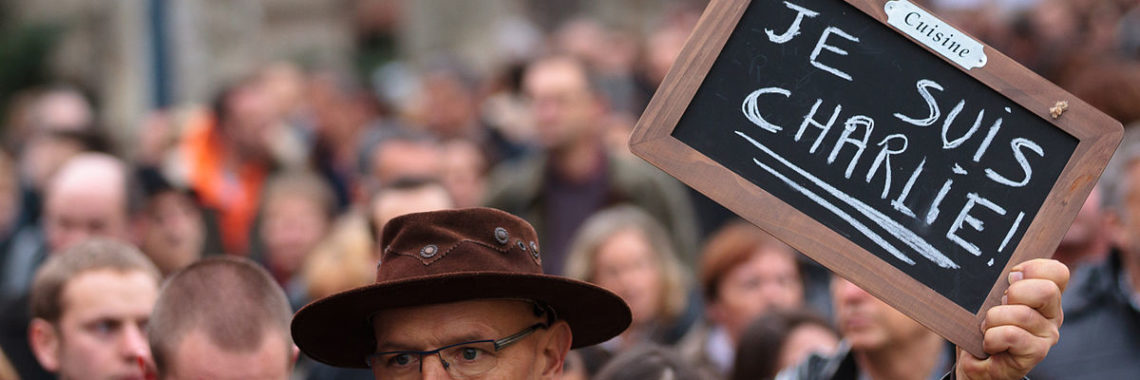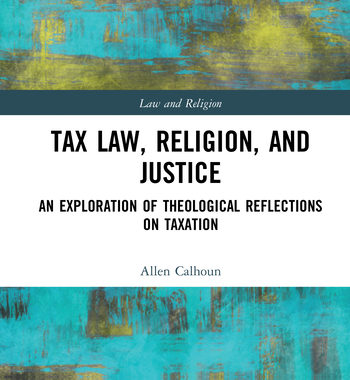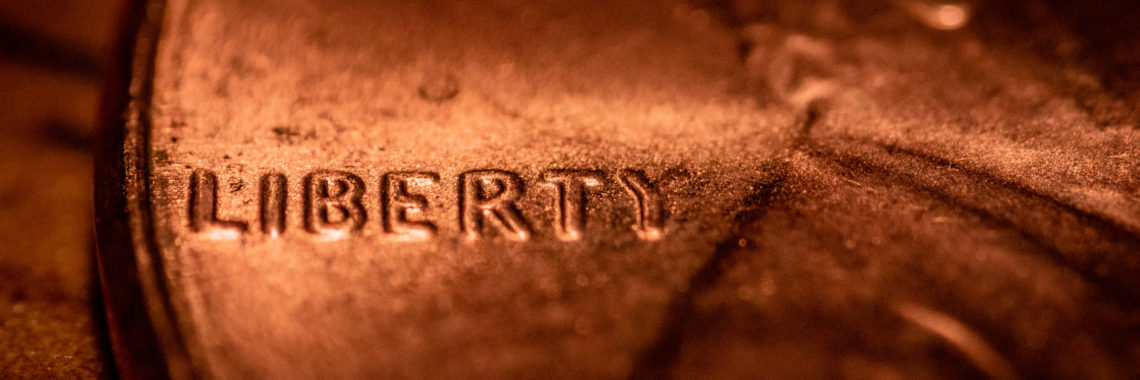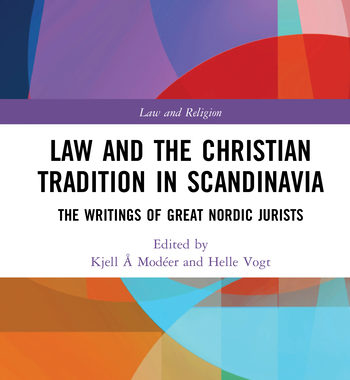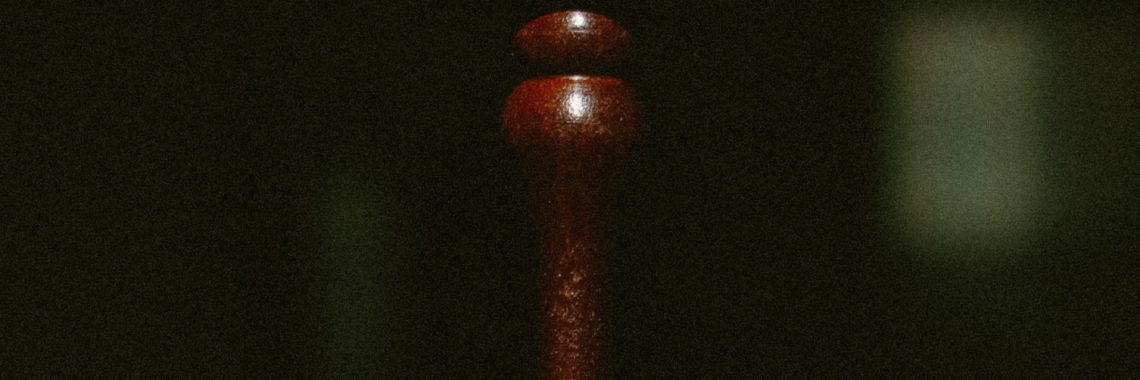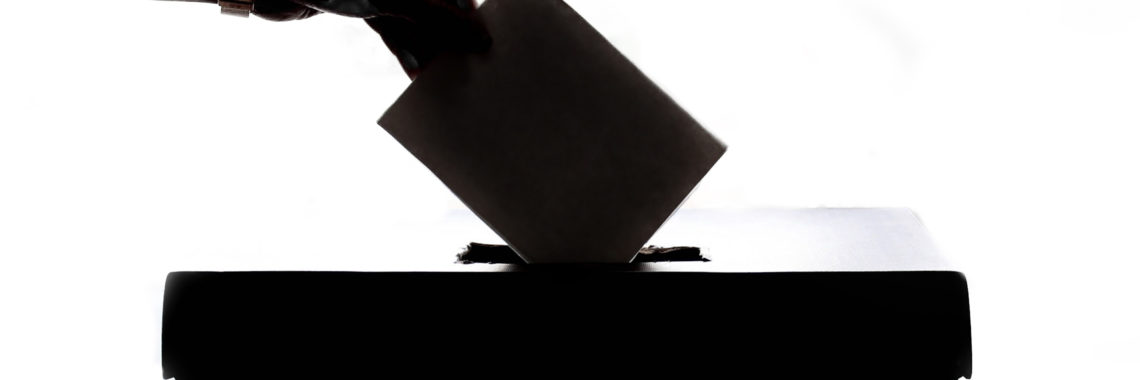“Free Speakers, Restrained Hearers: Blasphemy’s Legal Evolution” by Matthew P. Cavedon
Image adapted from Wikicommons by DhLeaks44 / CC BY-SA 4.0 “Free Speakers, Restrained Hearers: Blasphemy’s Legal Evolution“ Matthew P. Cavedon The most infamous terror trial in modern France began in September. Five years ago, Islamist terrorists shot nearly two dozen people at the offices of Charlie Hebdo, a satirical magazine. The publication had drawn their ire by reprinting…


